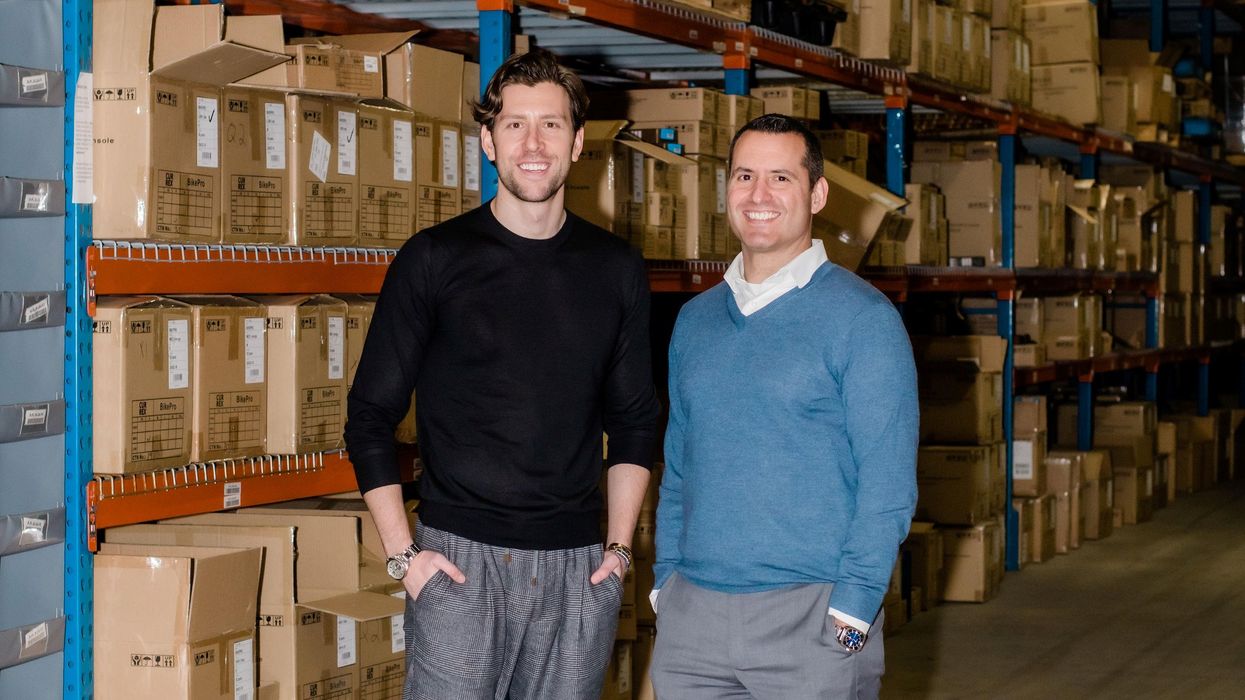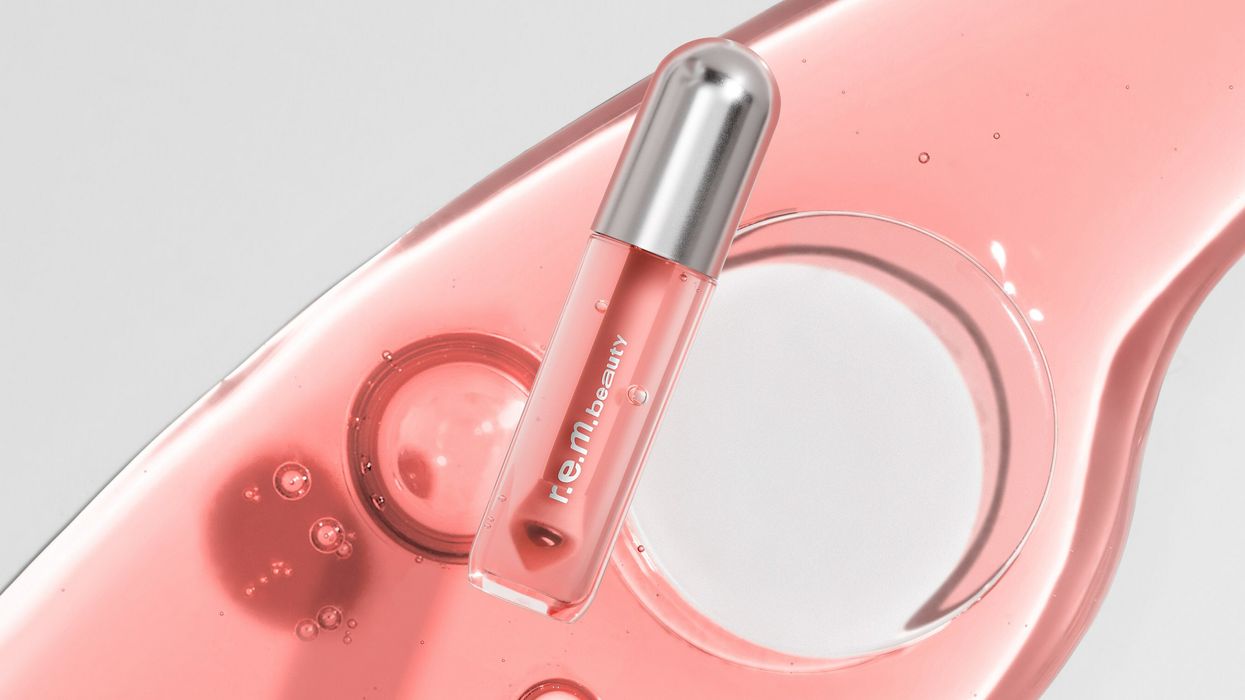Two ecommerce agencies are merging to provide brands with services “from click to ship."
Omnichannel digital commerce agency Blue Wheel is merging with ecommerce marketplace agency Retail Bloom to create a joint venture with $1 billion in ecommerce revenue under management across all clients.
The combined company will be known as Blue Wheel, with Blue Wheel’s Eitan Reshef serving as CEO, and former Retail Bloom CEO Tom Sesti serving as president.
The merger is being conducted with financial backing from Longshore Capital Partners, which is a Chicago-based private equity group. Terms were not disclosed.
The leaders said the merger brings together two companies with complementary expertise.
Founded in 2011, Blue Wheel focused on the front-end marketing and demand generation, including organic social media, SEO, content creation, email and SMS. It also has a paid media practice, and a tech platform built in-house for Amazon reporting and analytics called Companion.
Retail Bloom was founded in 2015, with a focus on helping medium-sized and enterprise brands on marketplaces such as Amazon, Walmart and eBay. It provides services such as content optimization, advertising account support, brand strategy and operations such as logistics and inventory replenishment.
Together, the company will seek to serve emerging and established brands. While taking an industry agnostic approach, the agencies have a strong existing practice in beauty, health and wellness, as well as a sizable customer base in apparel.
The companies have gotten to know each other well over the years, and believe they can come together to create a new kind of offering that is built for the current market.
Following the growth of ecommerce over the last three years, the agency leaders see an opportunity to offer a holistic set of services under one banner. At the onset of the pandemic, brands that grew up with in-person retail had to quickly build ecommerce capabilities when online shopping spiked, and it left them working with a wide variety of vendors for various types of services, ranging from email and SMS marketing agencies to third-party logistics services. Agencies can also vary by channel. Amazon has one set of agencies, while DTC has another. Blue Wheel and Retail Bloom saw an opportunity to introduce an offering that ensures these services are not siloed, and connects them with one strategy.
“We've felt that there has been a gap in the industry when it comes to agencies who can truly strategize and execute across a brand's entire ecommerce journey,” Reshef said. “This would include both what we've historically done on the front-end marketing and advertising side, and the back-end management and operational side, which is traditionally Retail Bloom’s skillset...We felt that by centralizing our strategy, and ultimately being able to advise and execute across the entire landscape, we could build a unique service offering and platform that would help our customers succeed.”
Familiarity was another factor. The companies have long known each other, and Reshef and Sesti worked together in a past venture. They also both have Detroit roots, with about two-thirds of the team currently based in that metro area. Going forward, they will continue to hire in the Detroit area, as well as maintain a creative studio and satellite outpost in New York and a team across 15 states.
Discussions about combining progressed over the last two years, and the agencies felt the timing was right given where the market is heading, and the ability to stand out in the competitive landscape.
Entering 2023, the macroeconomic environment is different than it was in 2020. High inflation and rising interest rates are colliding to create more pullback among consumers. As a result, brands will be looking to create cost efficiencies, Reshef said. They’re already seeing signals in the market that brands are seeking more a unified approach from new business that was generated together.
“If we can serve as that single point of contact, and we can advise and execute across all of these different channels, that's essentially a defensible moat that we've created around our business,” Reshef said. “They get the best of both worlds. They get all of the expertise in the world that they need to execute, and all under one roof.”













